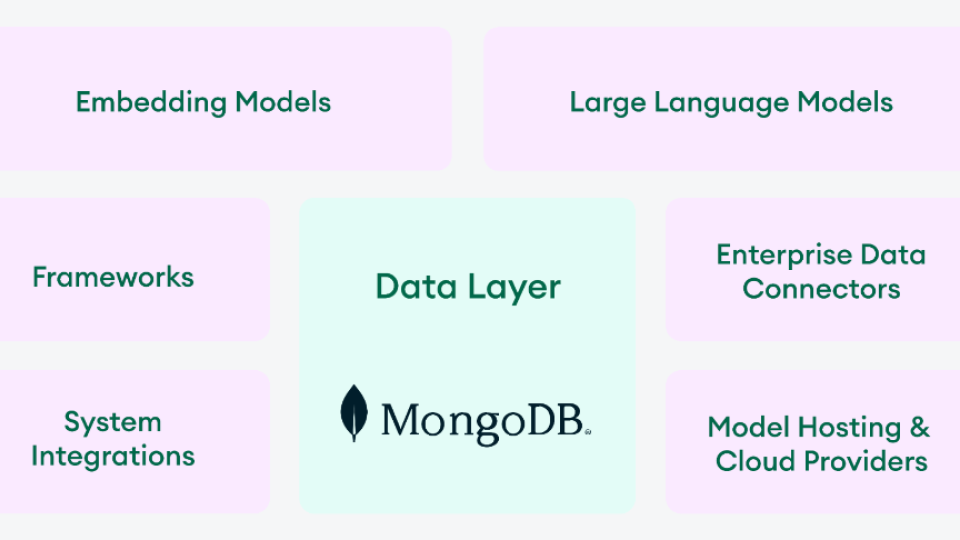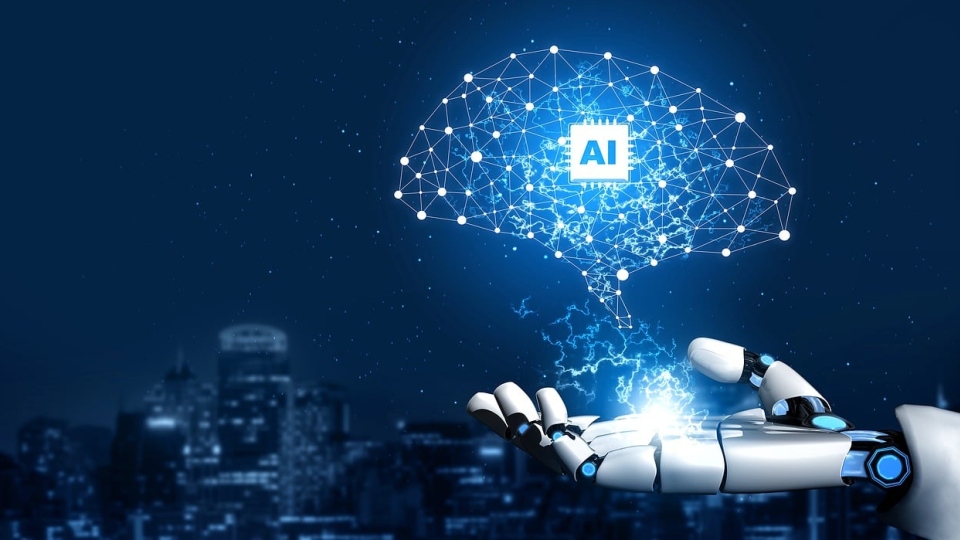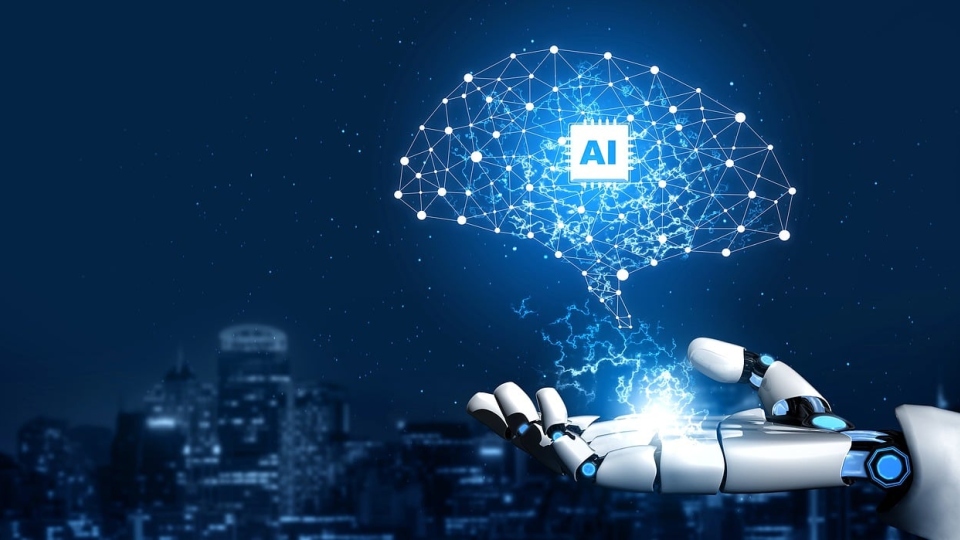
At least 30% of generative AI projects will be abandoned after proof of concept by the end of 2025, due to poor data quality, inadequate risk controls, escalating costs or unclear business value, according to analyst house Gartner.
Database provider MongoDB is trying to reverse this problem through the launch of its updated on-premise and cloud platform, and a partner alliance that involves the main cloud providers.
At the company’s MongoDB.local London event for customers, partners and developers this week, Version 8.0 of its Enterprise and cloud-delivered Atlas database was unveiled.
8.0 is promising 32% better throughput, 56% faster bulk writes, and 20% faster concurrent writes during data replication, to improve operations.
With AI, MongoDB acknowledges firms are being tested by the rapid marketing cycle of AI, the uncertainty about what AI language models to use, which technology stacks should be used to implement them with, and the lack of skills and resources to do it.
Two months ago, it established the MongoDB AI Application Program (MAAP), and the company website now lists the seven general stack technologies customers must start with for developing AI projects.
“This is foundational stuff, but we and our partners are already winning key customers through MAAP when it comes to AI services,” said Greg Maxson, senior director of AI go-to-market at MongoDB.
With the involvement of Microsoft Azure, Google Cloud Platform, Amazon Web Services, system integrators, and others, the provider is intent on building a global ecosystem of partners that can establish industry vertical standards for developing and fully implementing AI solutions in the field.
Along with the big three cloud service providers, MAAP currently also involves Accenture, Anthropic, Anyscale, Arcee AI, Cohere, Credal, Fireworks AI, gravity9, LangChain, LlamaIndex, Nomic, PeerIslands, Pureinsights, and Together AI.
Through providing AI testing and implementation models using its database, Maxson says MongoDB has already established commercial AI solutions at a “French automotive company” and a “global household appliance manufacturer” through MAAP.
“This is a growing channel opportunity, we need to work with system integrators, including boutique ones, along with custom professional services providers, and specialist coders,” Maxson told IT Europa.
“This is not a one-size-fits-all scenario, and we need to build an open ecosystem to make it work. We already have 100 of our existing MongoDB customers engaged in MAAP, so there is definitely the potential for exponential growth.”







